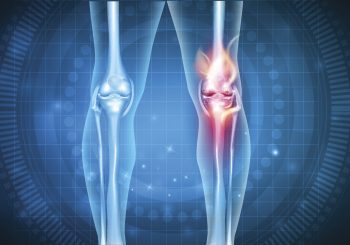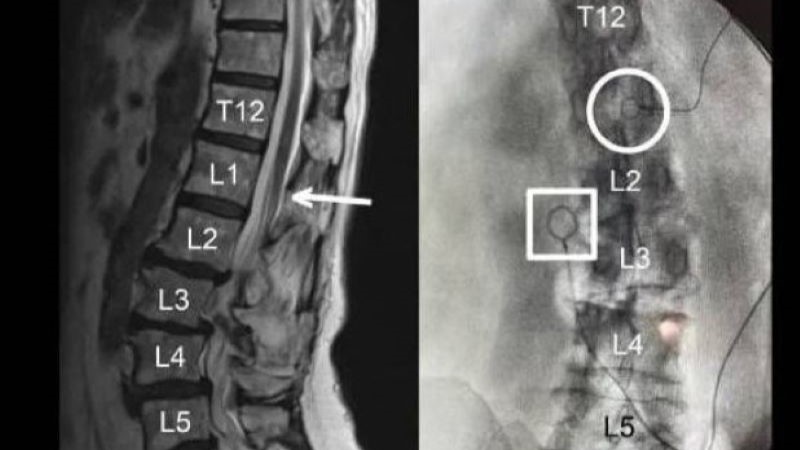
A study compared single- versus two-stage revision total knee arthroplasty (TKA) for periprosthetic joint infection (PJI). According to the study, single-stage revision surgery was superior to two-stage revision TKA based on a variety of patient-reported outcome measures (PROMs).
A total of 44 single-stage revision TKA patients were matched to 88 two-stage revision TKA patients. Outcomes included the Knee Injury and Osteoarthritis Outcome Score–Physical Function (KOOS-PS) Short Form (SF), Physical SF 10A score, and Patient-Reported Outcomes Measurement Information System (PROMIS) SF Physical and Mental scores.
Preoperative PROMs did not largely differ between the single- and two-stage cohorts. Postoperatively, however, the single-stage revision TKA group had significantly better PROMs, including KOOS-PS (62.2 vs. 51.9; P<0.01), Physical SF 10A (42.8 vs. 38.1; P<0.01), PROMIS SF Physical (44.8 vs. 41.0; P=0.01), and PROMIS SF Mental (50.5 vs. 47.1; P=0.02). There were no significant differences between the single- and two-stage revision TKA groups in clinical outcomes, including rates of reinfection (25.0% vs. 27.2%; P=0.78) and 90-day readmission (22.7% vs. 25.0%; P=0.77).
“This study illustrated that single-stage revision TKA for chronic PJI may be associated with superior patient-reported outcomes compared with two-stage revision for the infected TKA using a variety of PROMs. Improved PROMs were not accompanied by differences in complications rates between both cohorts, suggesting that single-stage revision TKA may provide an effective alternative to two-stage revision in patients with chronic TKA PJI,” the study authors concluded.







 © 2025 Mashup Media, LLC, a Formedics Property. All Rights Reserved.
© 2025 Mashup Media, LLC, a Formedics Property. All Rights Reserved.